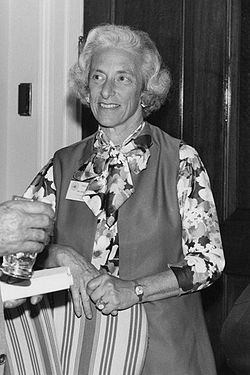Barbara W. Tuchman Quote
Individual admirals and captains made their fortunes from their share of prize money, which was divided according to prize law of an extreme complexity that testified to its importance in the system. Ships’ captains of a victorious squadron divided 3/8 of the total value of captured ships and cargoes, depending on whether the squadron was under the orders of an admiral, with 1/8 reserved for a captain who was a flag officer if one was on board. Lieutenants, captains of marines, warrant officers, chaplains and lesser officers divided 1/8. Another 1/8 went to midshipmen and sailmakers, and the remaining 2/8, or 25 percent, to seamen, cooks and stewards. Prize law allowed an intricate adjustment based on size and armament to equalize the share of larger and smaller ships, on the theory that the stronger ships did most of the shooting and had more numerous crews. The adjusted rate was worked out by applying to each ship a factor calculated by multiplying the number of the crew by the sum of the caliber of the ship’s cannon. Clearly, prize money received more serious attention than scurvy or signals. As
Individual admirals and captains made their fortunes from their share of prize money, which was divided according to prize law of an extreme complexity that testified to its importance in the system. Ships’ captains of a victorious squadron divided 3/8 of the total value of captured ships and cargoes, depending on whether the squadron was under the orders of an admiral, with 1/8 reserved for a captain who was a flag officer if one was on board. Lieutenants, captains of marines, warrant officers, chaplains and lesser officers divided 1/8. Another 1/8 went to midshipmen and sailmakers, and the remaining 2/8, or 25 percent, to seamen, cooks and stewards. Prize law allowed an intricate adjustment based on size and armament to equalize the share of larger and smaller ships, on the theory that the stronger ships did most of the shooting and had more numerous crews. The adjusted rate was worked out by applying to each ship a factor calculated by multiplying the number of the crew by the sum of the caliber of the ship’s cannon. Clearly, prize money received more serious attention than scurvy or signals. As
Related Quotes
About Barbara W. Tuchman
Tuchman focused on writing popular history.
Tuchman was a member of the Writers and Artists for Peace in the Middle East, a pro-Israel group. In 1984, she signed a letter protesting German arms sales to Saudi Arabia.
